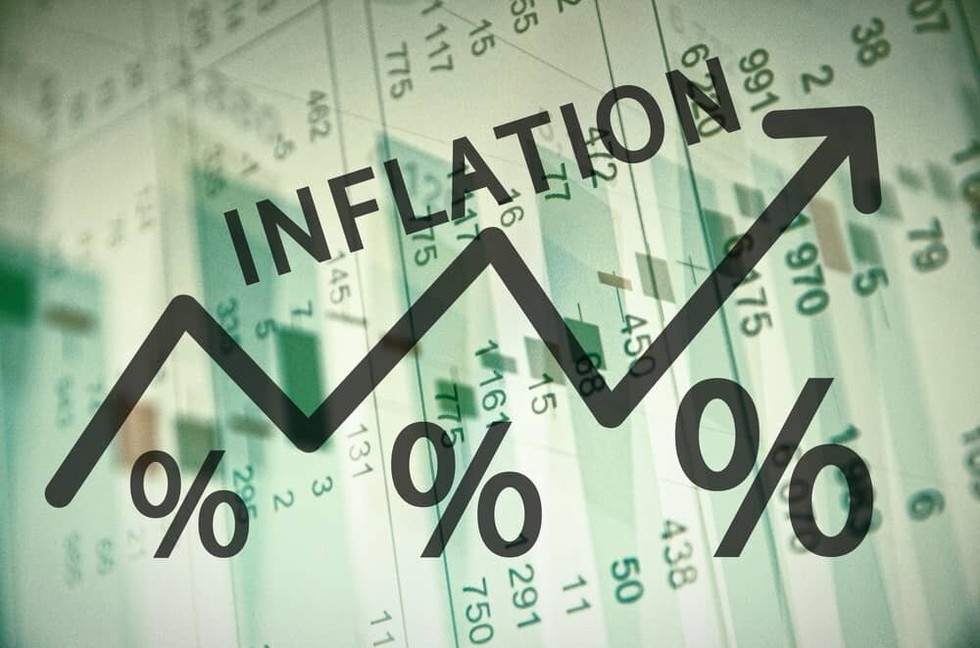
Imported inflation

18.04.2024
Imported inflation
|
For the Prelims: About imported inflation, Main causes of imported inflation |
Why in the news?
Recently the Asian Development Bank warned that India may face imported inflation.
Important points:
- If the EU and US postpone rate cuts until 2024, inflation could rise by about 0.4 percentage points.
About imported inflation:
- Imported inflation refers to an increase in the prices of goods and services in a country caused by an increase in the price or cost of imports into the country.
- This is also called cost inflation.
- It is believed that an increase in input costs prompts producers to increase the prices they charge their local customers, leading to inflation.
- A decline in the value of a country's currency is generally considered the most important cause of imported inflation in an economy.
- This is a normal and sustainable price increase due to the increase in the cost of imported products.
- Crude oil and gold are the two major contributors to India's imports, with the rise in prices of both these products increasing the country's import bill.
- This price increase is related to the price of raw materials and all imported products or services used by companies in a country.
- With imported inflation, production costs are higher for companies.
- These companies often reflect this increase in the selling price of goods and services sold. As a result, prices within the country rise.
Main causes of imported inflation:
1. The higher the value of the currency in the foreign exchange market, the higher will be the price of imports.
2. When commodity prices rise globally, it directly impacts the cost of imports and may increase inflation in the importing country.
3. Changes in trade policies, such as tariffs and quotas, can affect the cost of imported goods.
4. Fluctuations in transportation costs, influenced by factors such as fuel prices and logistics challenges, may affect the final cost of imported goods.
5. Increase in shipping costs can also boost inflation
Source: The Hindu